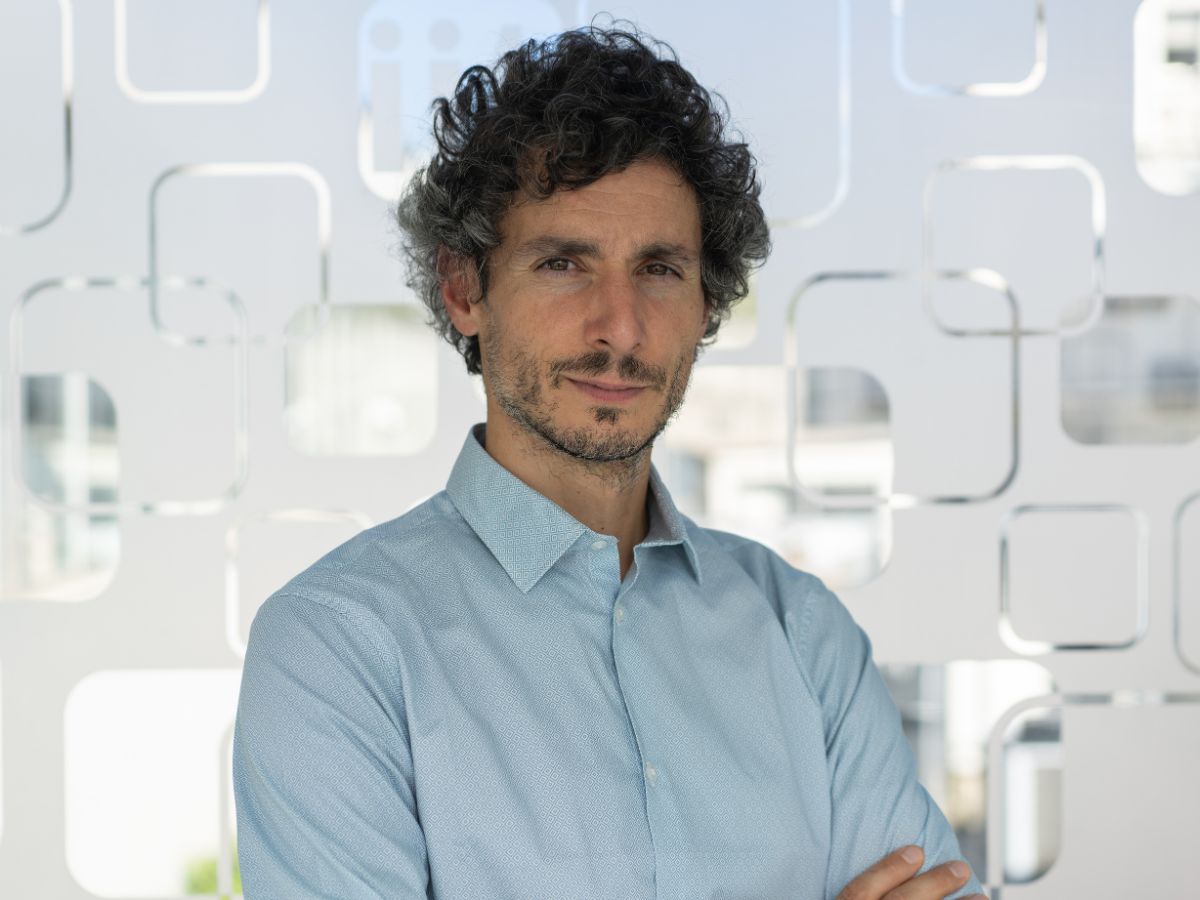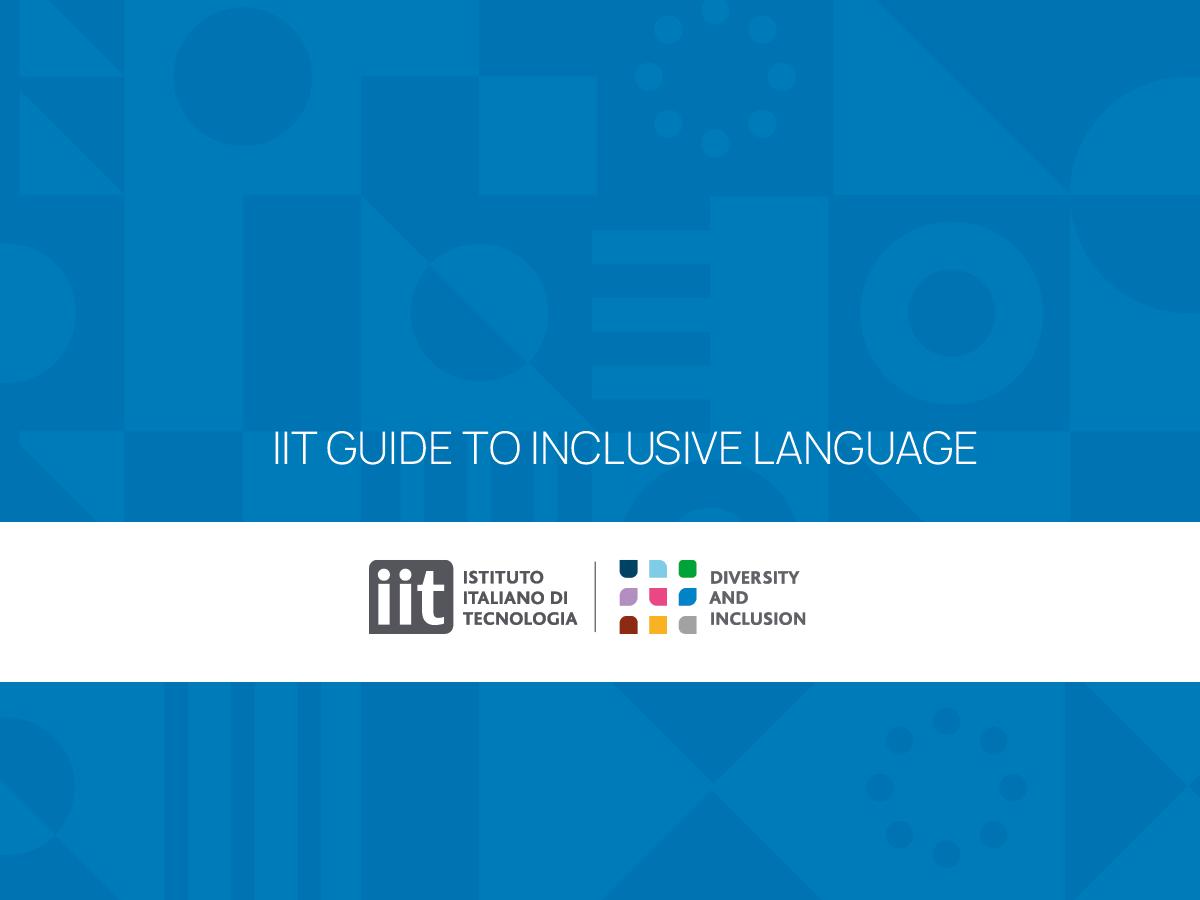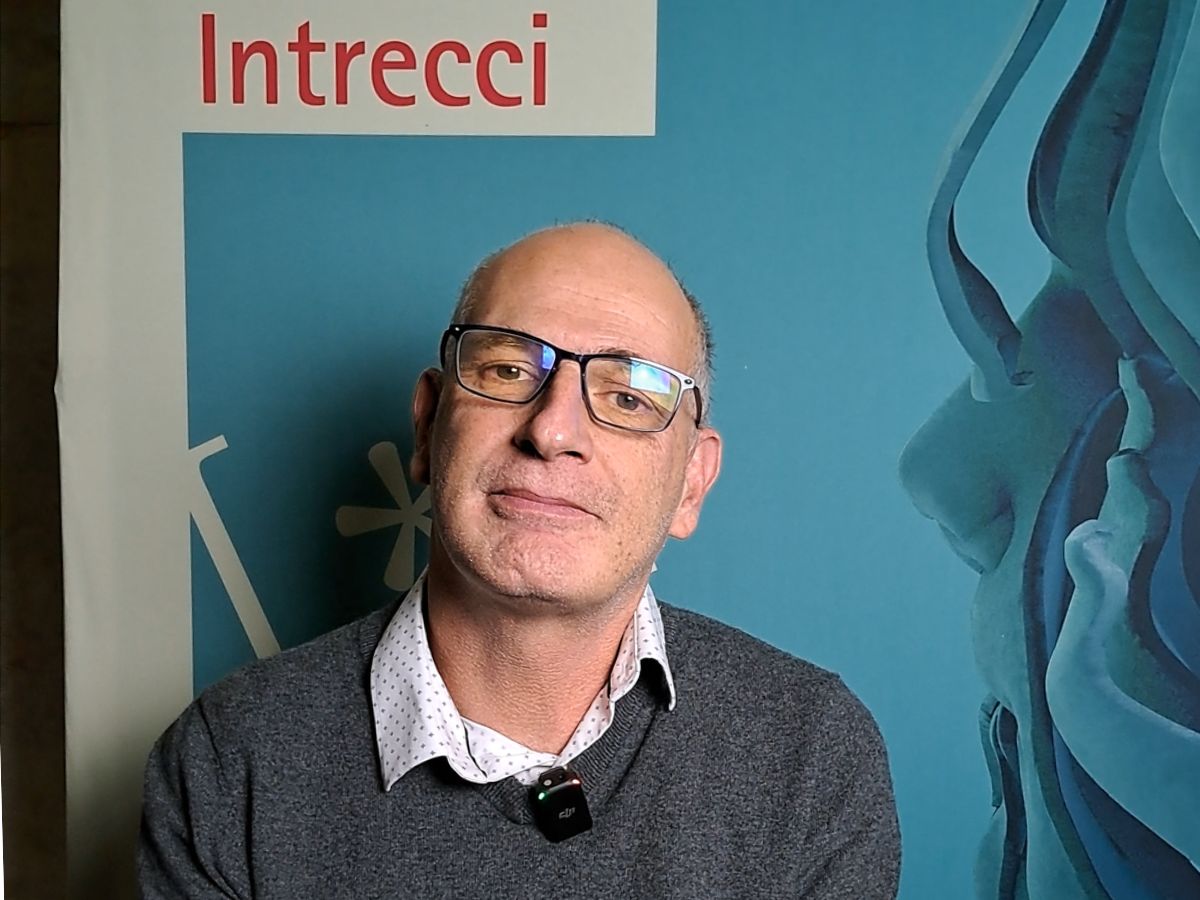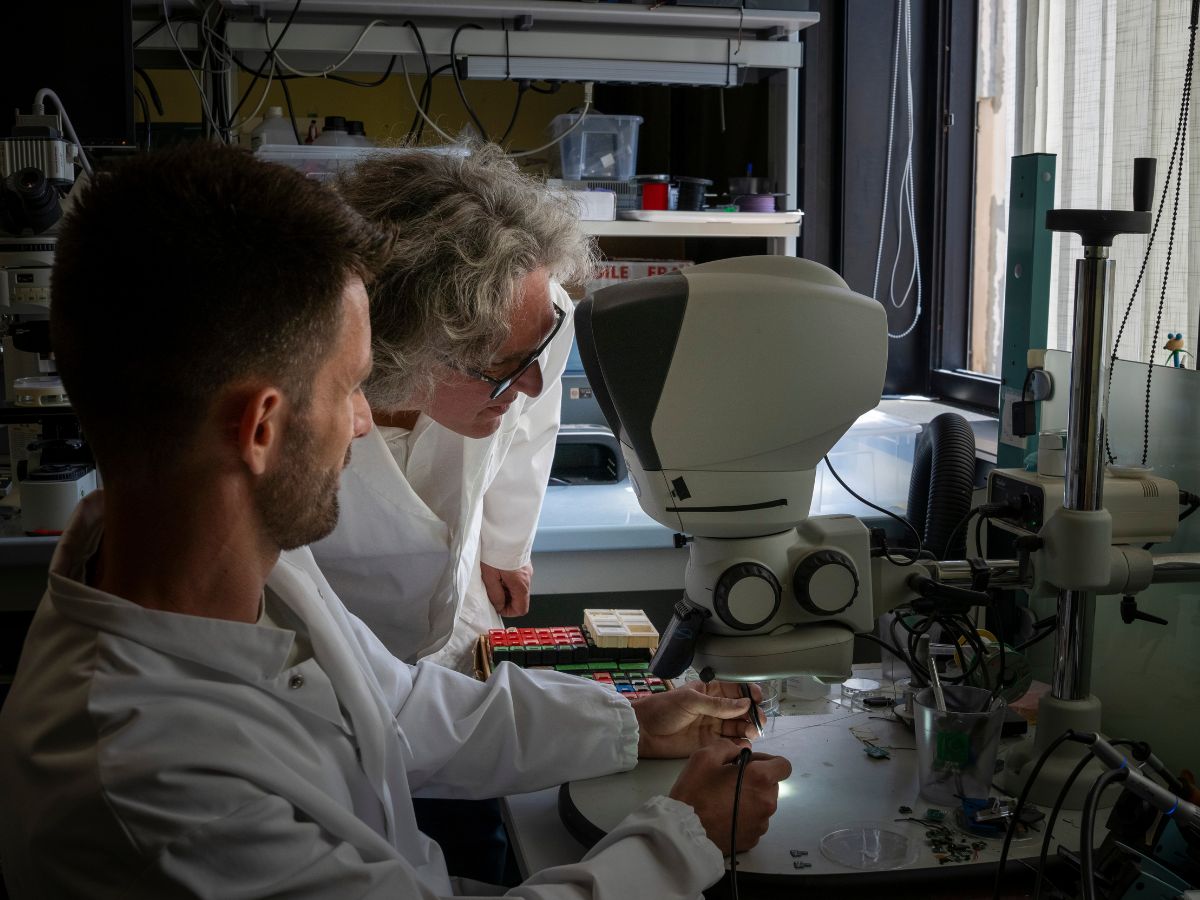Armenise-Harvard Foundation award 1 million dollars to study the adaptive abilities of the brain
The human brain is able to adapt to different situations, ensuring flexible and effective behavior. The biological mechanisms underlying this ability are the main research focus of neurobiologist Angelo Forli, who received the prestigious Career Development Grant from the Giovanni Armenise Harvard Foundation, worth 1 million dollars for a five-year project. Thanks to this funding, the researcher has left the United States to join the Italian Institute of Technology (IIT – Istituto Italiano di Tecnologia), where he will establish his new lab, ‘Neural Networks for Natural Intelligence.
The Giovanni Armenise Harvard Foundation helps young researchers working abroad in the field of life sciences to establish their careers in Italy. Each year, it awards grants by selecting candidates from all over the world. To date, the Career Development Award programme has supported more than 30 young scientists. Among the 2025 grantees is the Italian Angelo Forli, who chose IIT as the host institution for his scientific project.
Angelo Forli’s professional path began at the Faculty of Physics of the University of Padua, where he started studying complex systems. It was then that he realized the brain — the quintessential complex system — represents the most fascinating scientific challenge, and that only an interdisciplinary approach can lead to understanding its mechanisms.
After completing his Master’s and PhD degrees, in 2019 Forli moved to the University of California, Berkeley, where he spent six years—supported by prestigious grants—investigating the mechanisms of spatial and social memory. In 2024, he received the Peter and Patricia Gruber International Research Award in Neuroscience for his achievements. This year, the Career Development Award marks a new milestone in his career, bringing him to Italy, in Genoa, at the Italian Institute of Technology (IIT).
The grant will be partly used to establish a new research team of five people and to equip the new labs within the already advanced infrastructure of IIT.
“Our brain generates a form of ‘natural intelligence’ that allows us to behave flexibly, generalizing and coping with unforeseen situations. Investigating how the brain achieves this versatility is crucial. Understanding its mechanisms could not only shed light on what happens when this adaptability is disrupted, as in some neurological diseases, but also pave the way for the development of smarter and more versatile technologies” – explains Angelo Forli.
The research project aims to investigate a key brain region for memory and learning: the hippocampus, the same area affected in Alzheimer’s disease and other cognitive impairments. By combining experimental data with mathematical models, Forli’s research group seeks to uncover the algorithms that allow hippocampal circuits to coordinate flexible behavior. The results will be compared with those from animal models of specific neurological diseases, with the main goal of understanding which mechanisms are compromised and, then, identifying new targets for future therapies.
“In parallel, we will explore a new frontier: a radical extension of the concept of flexible behavior, namely regeneration. Some organisms can regenerate lost or damaged organs, such as the spinal cord, the retina, or even parts of the brain and heart,” further explains Angelo Forli, Armenise-Harvard grantee. “In our lab, we aim to study how the neural networks regain control of a regenerated organ and how its function arises again. This is the very core of what we call “regenerative intelligence”: the principles – still unknown – by which the brain and other tissues reorganize themselves to restore lost functions.”
This line of research appears crucial, especially considering the increasingly tangible possibility of rebuilding organs thanks to modern biotechnology.
Giorgio Metta, Scientific Director of IIT, comments: “The arrival of Angelo Forli at IIT, directly from the United States, is a great source of pride for our Institute. Not only for his value as a neuroscientist, but also because his choice confirms IIT’s ability to compete internationally and attract talent, thanks in part to the support of prestigious institutions such as the Giovanni Armenise Harvard Foundation. Furthermore, his in-depth studies of the brain fully align with our strategic plan, with potential benefits for the development of smarter robots and even more advanced artificial intelligence”.
Elisabetta Vitali, Executive Director of the Giovanni Armenise Harvard Foundation, concludes: “We are delighted to welcome Angelo among the more than 30 recipients of our Career Development Award. Over more than twenty years, through this purely merit-based program, we have helped bring top-level scientists to Italy, who continue to demonstrate the excellence of Italian science.”





